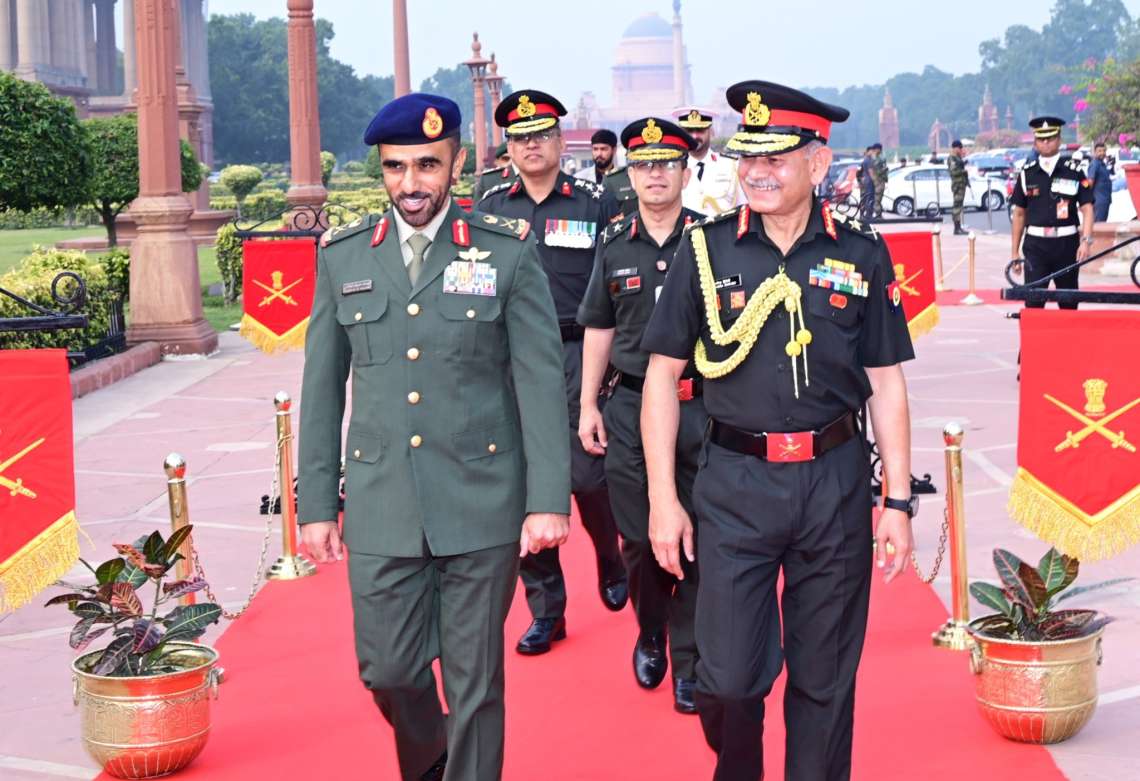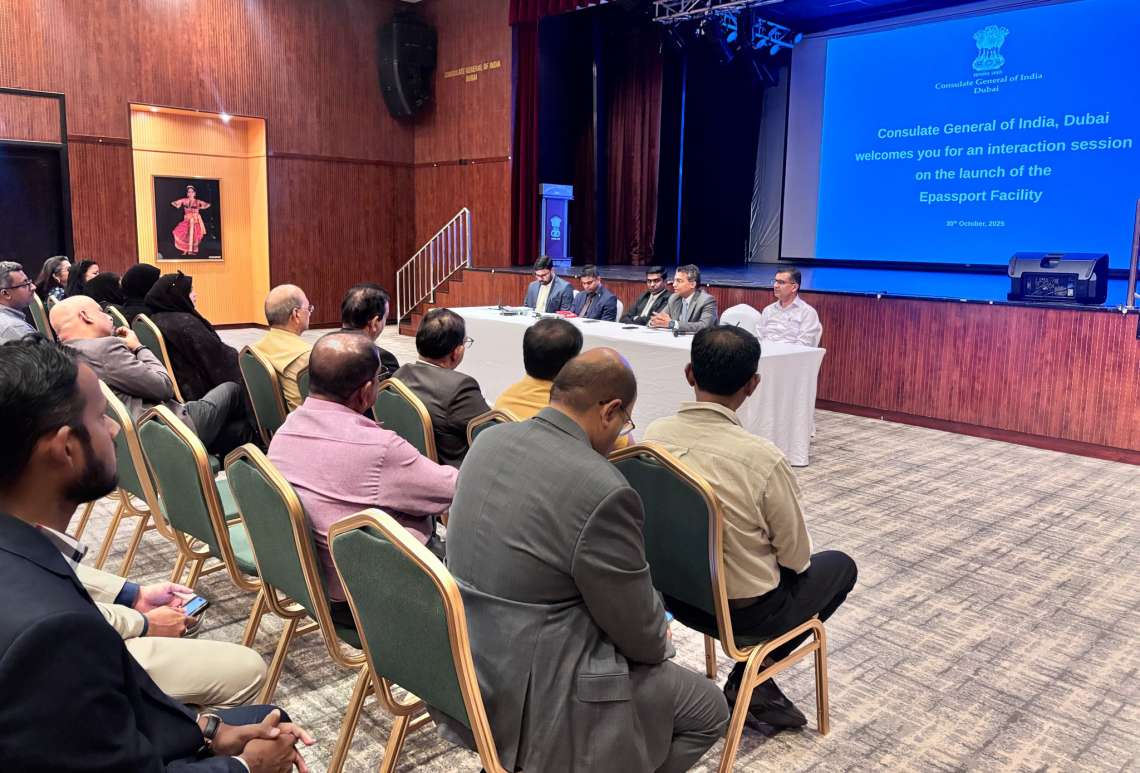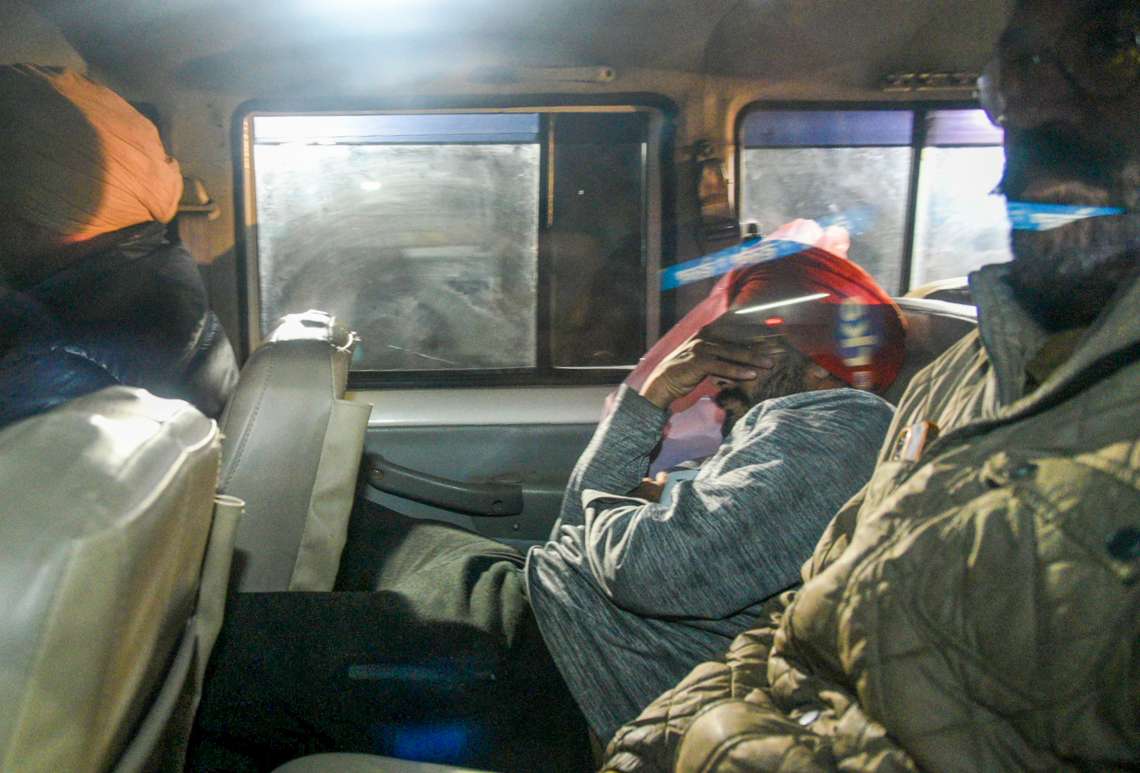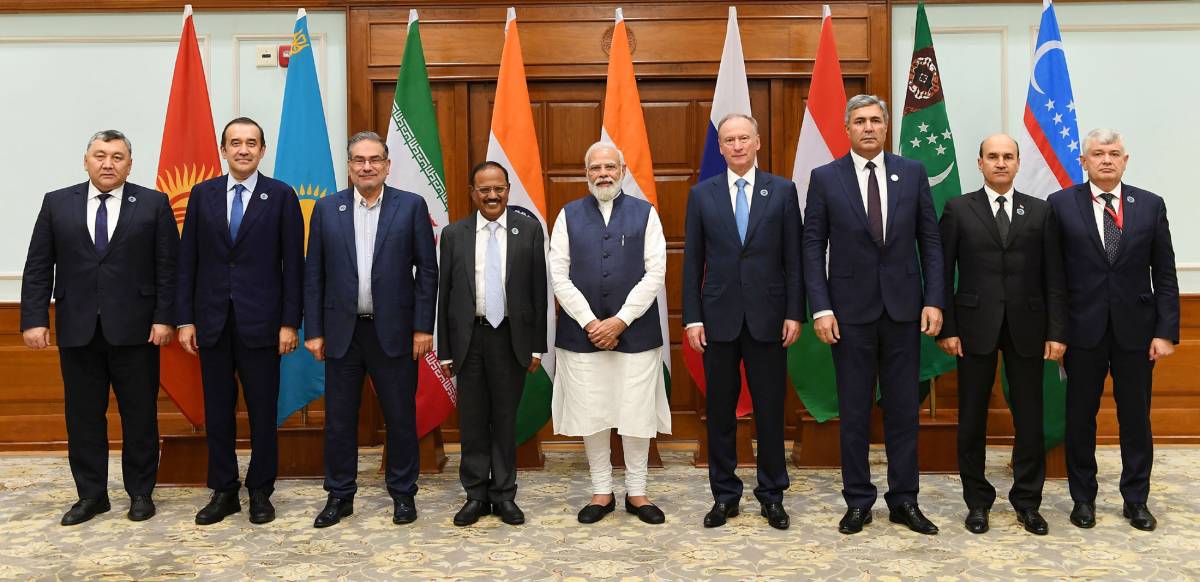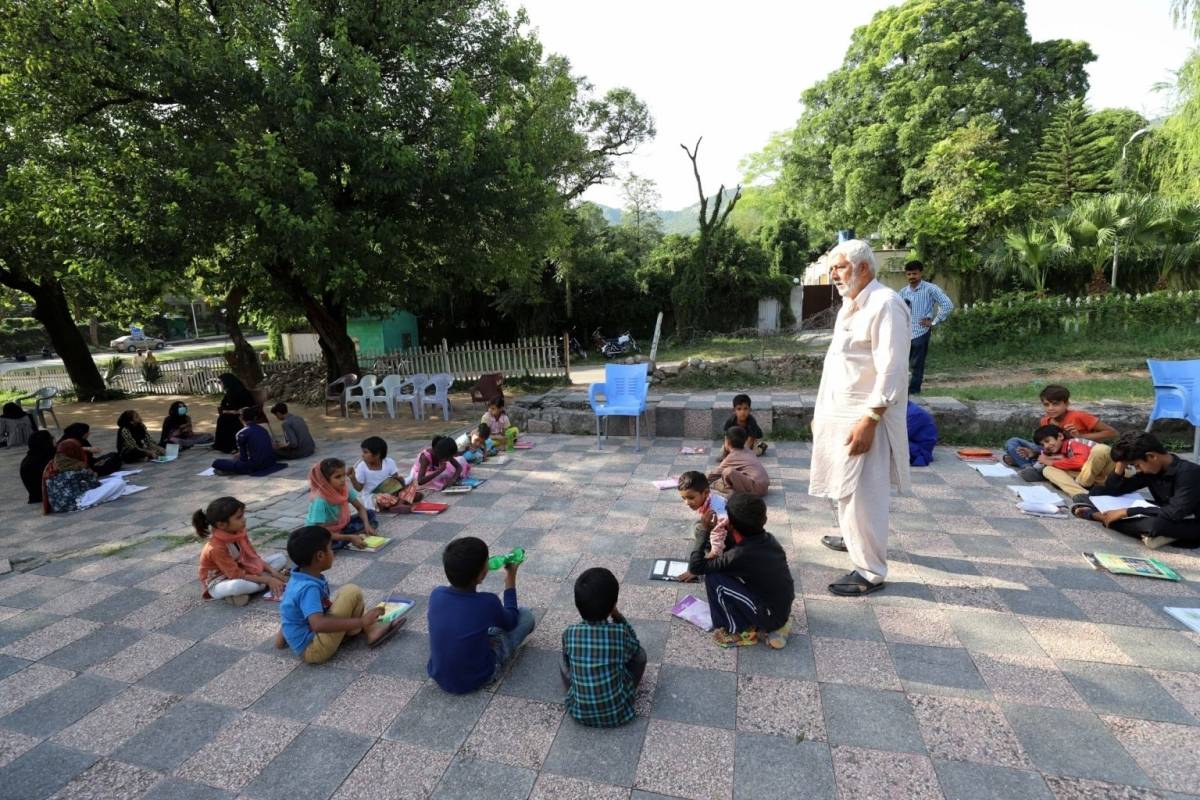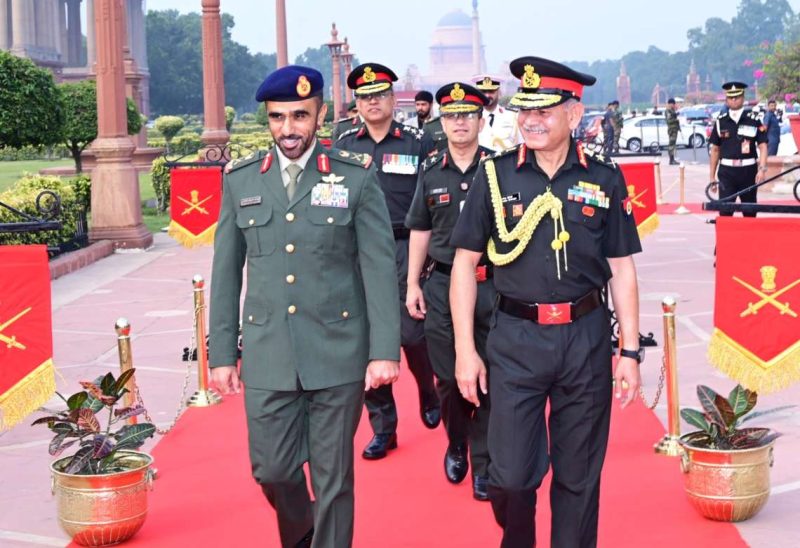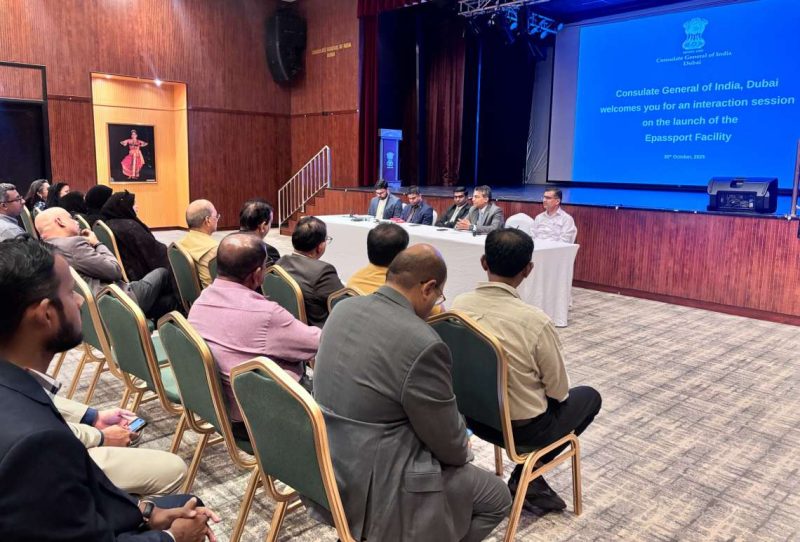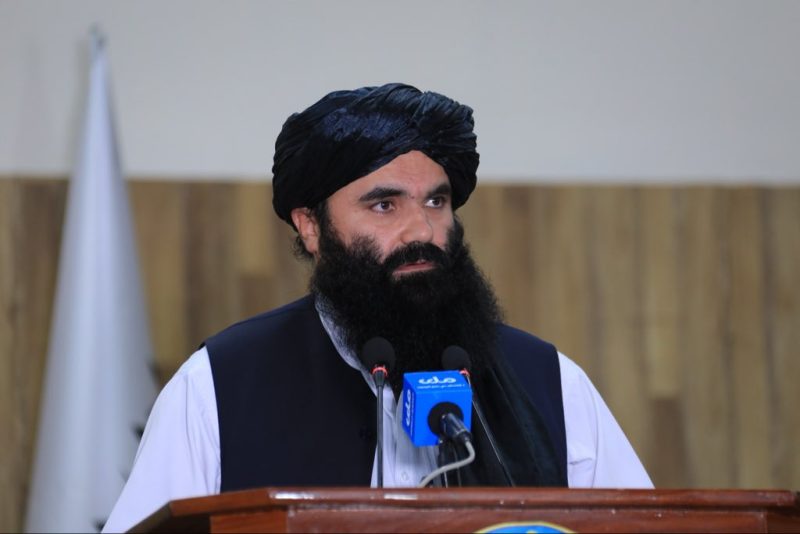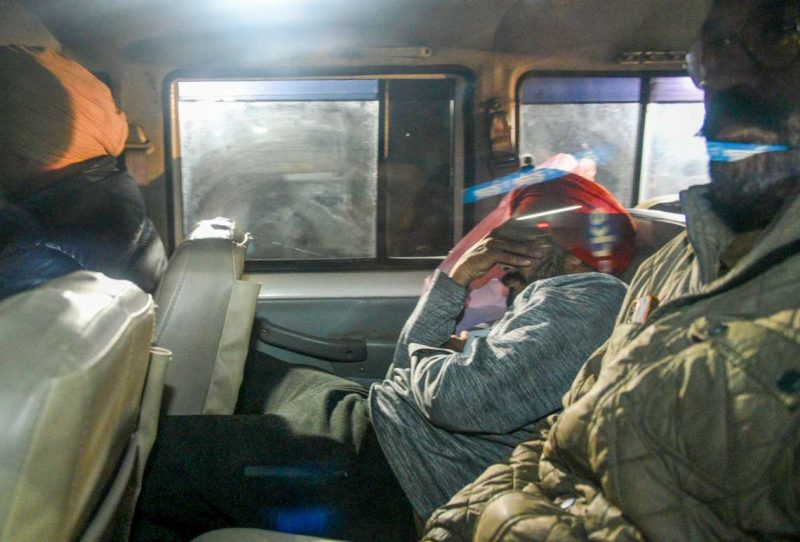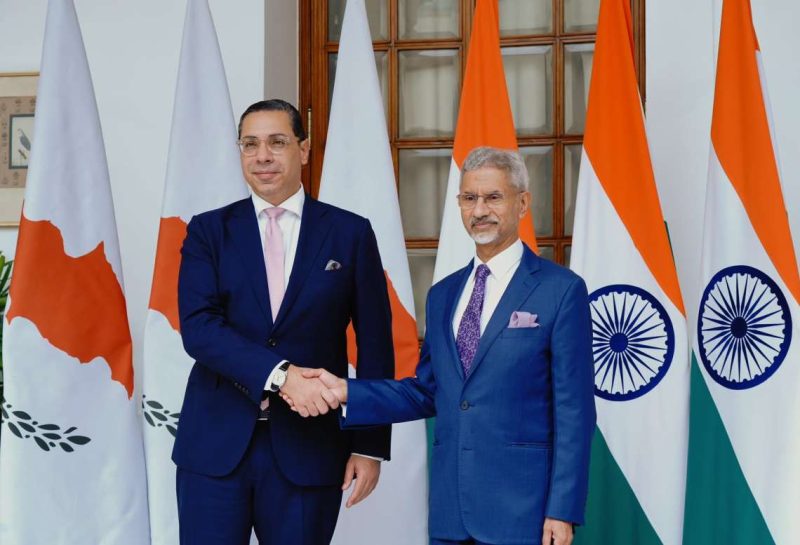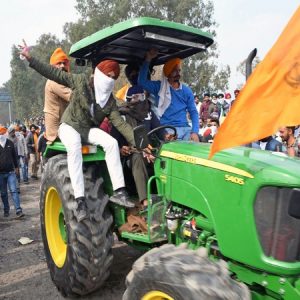India’s defence Minister exhorted the commanders to brainstorm to evolve viable solutions towards the conference theme of “Ensuring Certainty amidst Uncertainities”….reports Asian Lite News
Citing the volatile situation on the borders, Defence Minister Rajnath Singh on Wednesday said that the armed forces “need to be prepared to respond at a short notice for any contingency”.
Addressing the second bi-annual Indian Air Force Commanders’ Conference at the air headquarters, he stressed that the role of IAF in future conflicts is crucial and it needs to harness the capabilities and opportunities offered by Artificial Intelligence, Big Data Handling, and Machine Learning.
Rajnath Singh also mentioned that the efforts in the field of indigenisation through ‘Make in India’ initiative of the government are showing results and the orders of LCA Mk 1A and C-295 will open new opportunities in the indigenous aerospace sector.
Expounding on theaterisation, he noted that enhancing jointness is essential and the structure should be evolved after closely examining various options, and inputs from all stake holders would be taken into consideration.
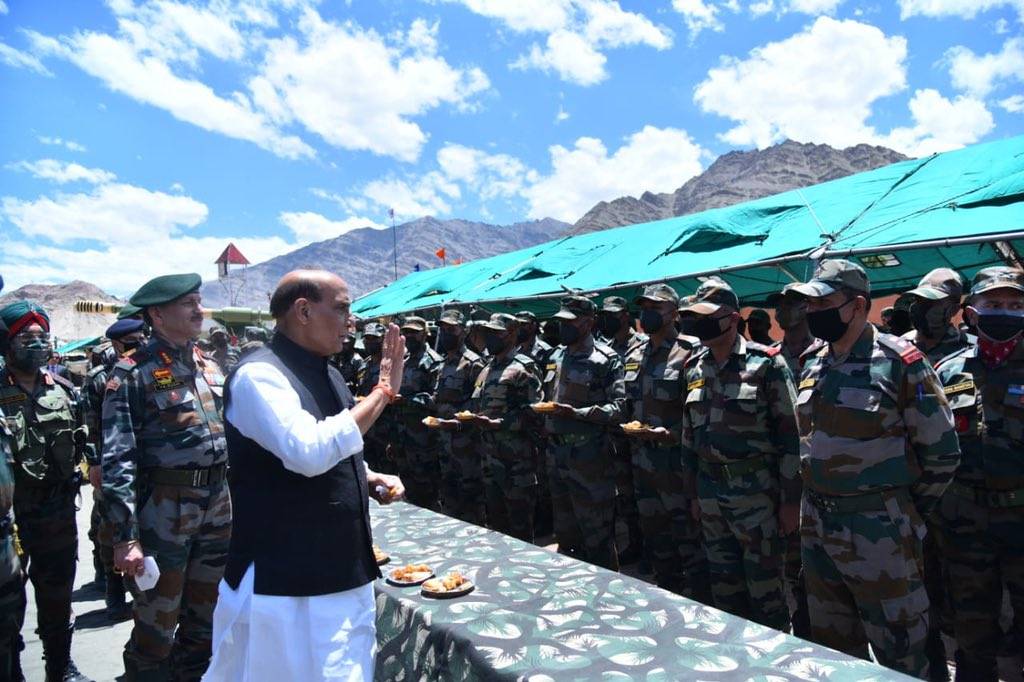
He exhorted the commanders to brainstorm to evolve viable solutions towards the conference theme of “Ensuring Certainty amidst Uncertainities”.
The minister also appreciated the IAF for maintaining a high level of preparedness, ability to respond on a short notice and displaying high standards of professionalism in carrying out operational and peace time tasks.
Indian Air Force chief Air Chief Marshal V.R. Chaudhari briefed him on the current status of the force.
Addressing all commanders, the IAF chief emphasised the need to develop multi-domain capability in order to give a swift and befitting response to any misadventures by our adversaries.
Air Chief Marshal Chaudhari also emphasised on the need for joint training with the Indian Army and Indian Navy to enable synergised application of combat power in future conflicts.
The Commanders’ Conference is being conducted from November 10 to November 12.
As uncertainty in the geo-political landscape makes it an imperative for the armed forces to train, equip and adapt to rapid changes, top commanders will, during the Conference, discuss and brainstorm situations which may affect national security and focus on measures to enhance operational capability.
Issues pertaining to strengthening training and optimising human resource policies for effective utilisation of manpower will also be discussed.



